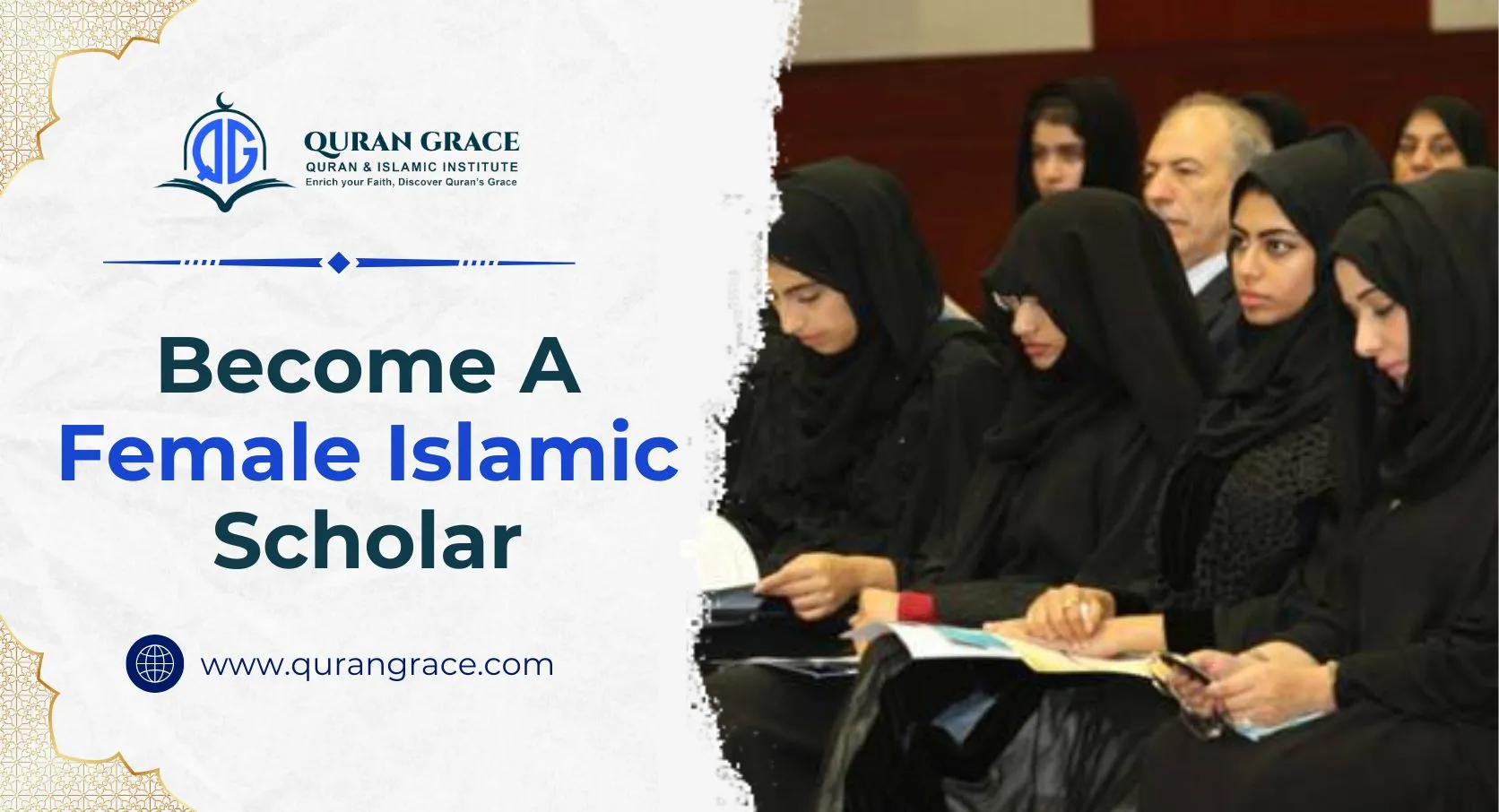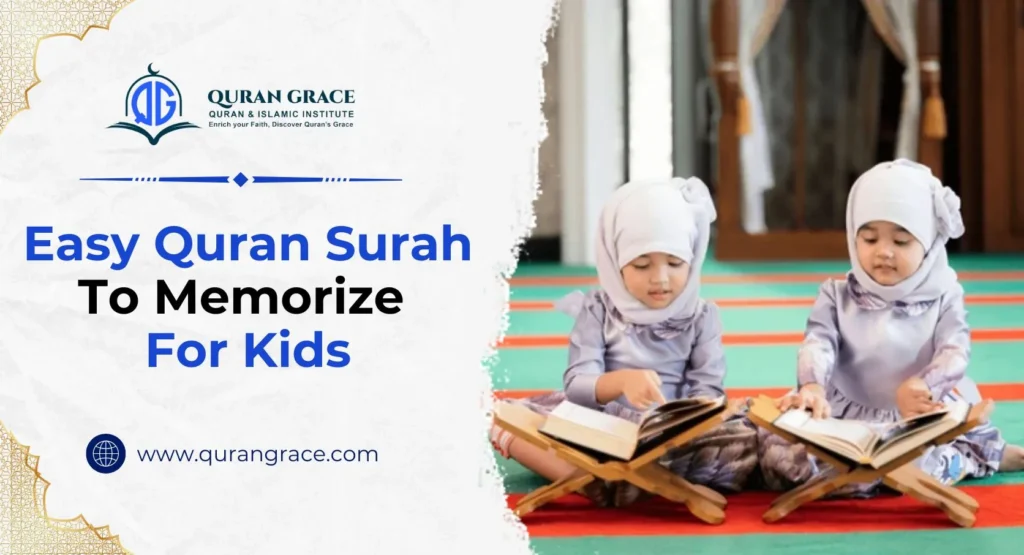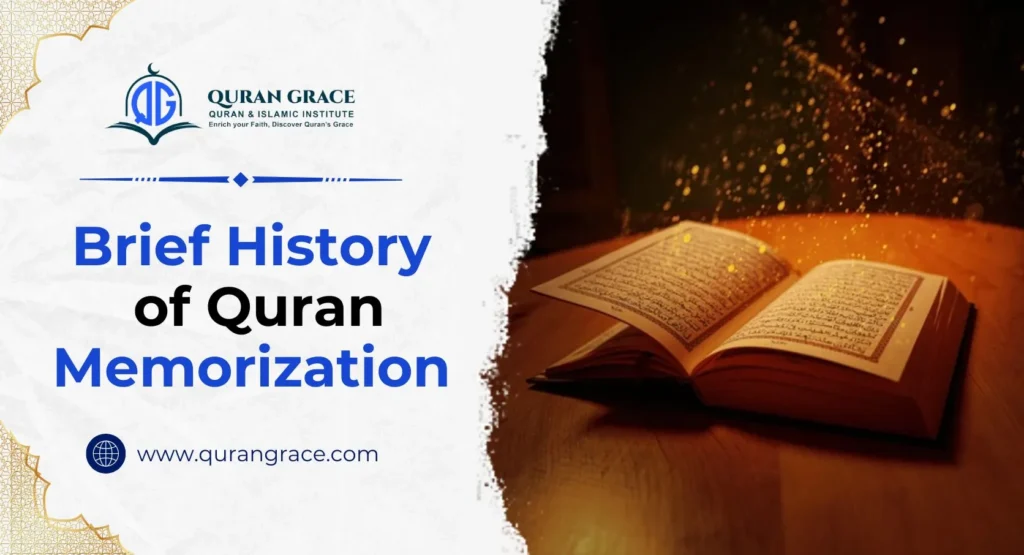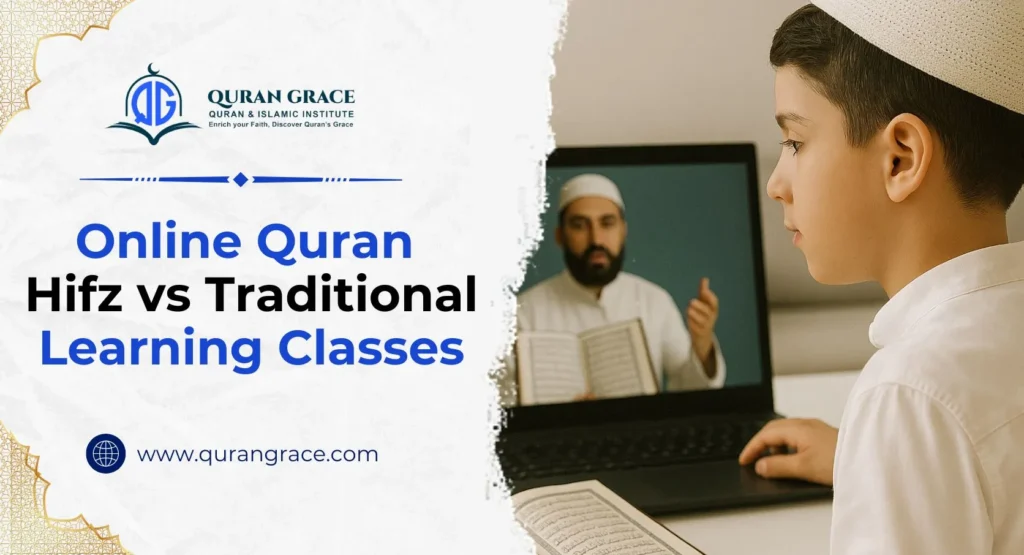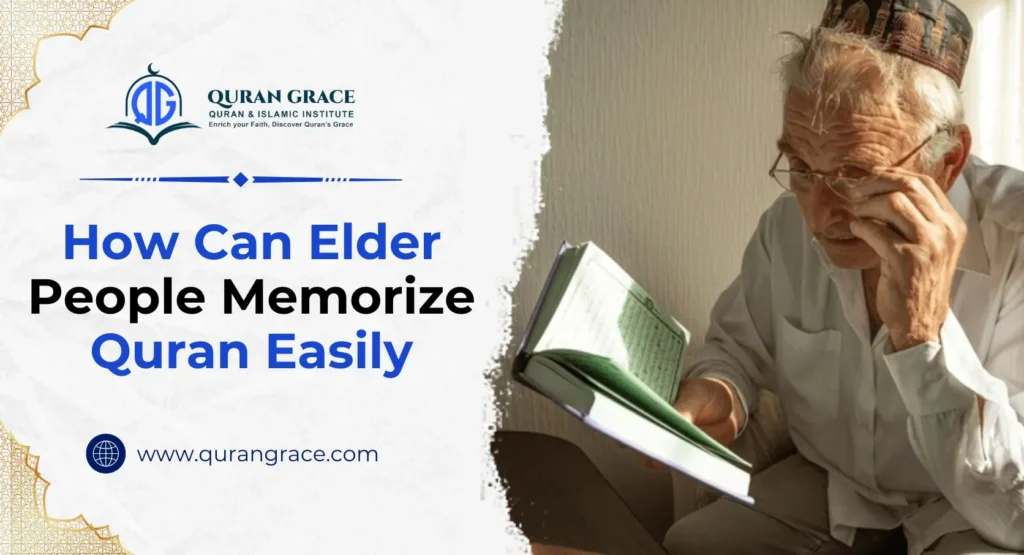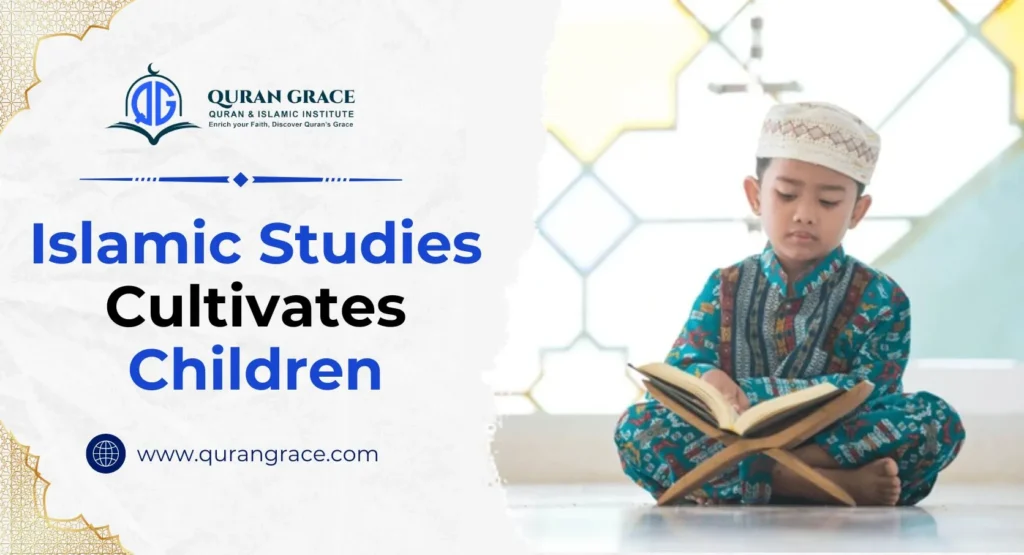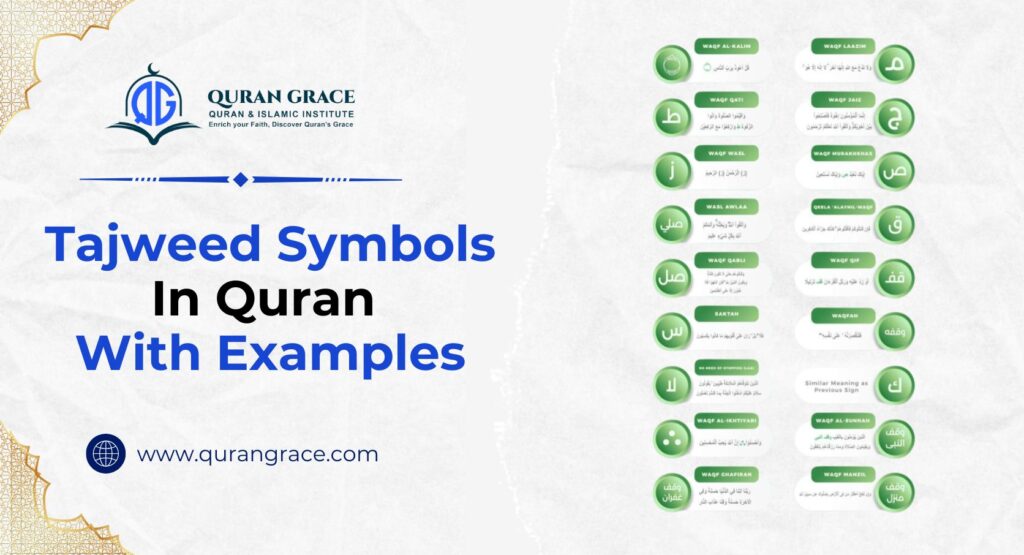Becoming a female Islamic scholar (Aalimah) is a noble journey that starts with a strong foundation in Islam. Sisters can begin by joining Islamic classes for ladies to study Fiqh, Aqeedah, and Quranic Tafsir. Learning Arabic helps in understanding Hadith, while memorizing key Surahs and exploring Islamic history deepen knowledge. Ultimately, obtaining an Ijazah certifies one’s expertise.
Guide to Becoming a Professional Islamic Scholar
Here are some tips to help Islamic students become Islamic scholars.
Table of Contents
Toggle1. Begin with the Basics
To begin understanding Islam, females need to begin with the basics so that they develop a solid base. Once they understand the basics, they can easily advance to the next stages. For each stage (basic to advanced), sisters must probe the topics and search further to gain as much knowledge as they can. The list of basics includes:
- Five Pillars of Islam.
- The Six Articles of Faith.
- Seerah of Prophet Muhammad PBUH
- Aqeedah and Hadith
- The Quran: Its Revelation, Structure, and Significance
- Islamic History and Civilization
Once you learn these fundamental topics in alimah course, then you can move forward and continue your journey to become a Islamic scholar (certified Aalima).
2. Study Islamic Fiqh (jurisprudence) and Aqeedah (belief)
Exploring and learning Islamic Fiqh and Aqeedah course in detail is crucial for female scholars. This thorough study provides them with a nuanced understanding of Islamic laws and beliefs, allowing for thoughtful interpretation and application of religious principles in diverse contexts. Key aspects of Islamic Fiqh and Aqeedah include:
- Grasping the sources of Islamic law: the Quran, Sunnah, Ijma, and Qiyas.
- Exploring the various schools of Islamic jurisprudence (Madhabs).
- Studying the foundational principles of Islamic creed (Aqeedah) and theology.
- Analyzing the ethical and moral guidelines derived from Islamic teachings.
- Examining the concept of worship (Ibadah) within Islam and its significance.
- Investigating contemporary issues and their relationship with Islamic law and beliefs.
3. Learn the Basics of the Arabic Language to understand Hadith
Proficiency in the Arabic language is essential for female Islamic scholars who wish to interpret Hadith and Sunnah effectively. A strong understanding of Arabic allows for direct interaction with the original texts, which is crucial for grasping the nuances, contexts, and subtle meanings that translations may overlook. This linguistic skill enables scholars to perform thorough analyses, draw legal rulings, and extract moral lessons from the extensive body of Islamic tradition.
Also, an Islamic scholar must be prepared to give all sorts of answers to the students. This is only possible when the scholar herself is well-read and well-versed.
4. Read the Quran Tafsir to Understand the Meaning and Message
Quranic Tafsir entails studying in-depth explanations and interpretations of Quranic verses. For a female Islamic scholar, studying Tafsir provides a thorough understanding of the Quran’s meanings, contexts, and implications. The famous and authentic Tafseer includes:
- Tafhim-Al-Qur’an
- Tafseer Ibn-Abbas
- Tafsir al-Jalalayn
- Tafsir Ibn Kathir
- Ma’ariful Qur’an
- Taiseer Al-Qur’an
Choose any or all to study and enrich your knowledge with different references. The more you will explore, the more you will have examples and references for Surahs and verses.
5. Memorize Small Surahs and Verses
Learning small surahs or single verses from the Quran will elevate a scholar’s rank as it helps them to use references and links whenever they want. It will also help them use these surahs in research discussions and also deepen their understanding of the texts. By internalizing these verses, scholars can provide more accurate and authoritative guidance across a diverse range of topics and contemporary issues within the Islamic tradition. Among the essential Surahs for memorization are:
- Surah Al-Fatiha: an opening Surah and dua, extremely important to be known to every female scholar for healing, guidance, steadfastness, etc
- Surah Al-Ikhlas: This short yet profound chapter emphasizes the concept of monotheism, briefly defining the oneness of Allah.
- Surah Al-Falaq: A powerful call for protection from external evils, this surah teaches resilience and trust in God’s safeguarding.
- Surah An-Nas: Similar in its theme, this Surah seeks refuge in the Lord from both visible and invisible sources of harm.
- Surah Al-Baqarah: The longest Surah in the Quran, it encompasses a wide array of themes, including guidance, legislation, and stories that span the narratives of past prophets.
- Surah Al-Kahf: This chapter is well-known for its parables that explore faith, trial, and the virtues of patience and trust in God’s plan.
- Surah Yasin: Often regarded as the “heart of the Quran,” this Surah addresses the themes of resurrection and divine authority, calling for reflection and mindfulness.
- Surah Al-Mulk: The best surah to be recited for the protection of the grave. It deals with topics like trusting Allah, His majestic presence, righteousness, and belief in the day of judgment.
6. Read About Islamic History and Literature
Exploring Islam from both classical and contemporary perspectives is essential for female Islamic scholars. This extensive reading includes traditional texts as well as modern works, promoting a thorough understanding of Islamic thought, history, and practices with the help of Islamic classes. It provides scholars with a wide range of insights and viewpoints.
- Sahih Bukhari and Sahih Muslim
- Al-Ghazali’s Ihya Ulum al-Din
- Al-Muhaddithaat—Sh. Muhammad Akram Nadwi
- “The Quran and the Secular Mind” by Shabbir Akhtar
- “Women in the Qur’an: An Emancipatory Reading” by Asma Lamrabet
7. Understand the Islamic Context, Evidence, and Reasoning Behind Beliefs
An Islamic Alimah must understand the Islamic context as well as the evidence and reasoning behind various interpretations. This involves exploring the historical, cultural, and textual foundations of Islamic teachings to appreciate their nuances fully.
Scholars can engage in meaningful dialogue, provide sound guidance, and effectively contribute to Islamic discourse by understanding the rationale and supporting evidence for various points of view. This understanding enables them to confidently navigate complex issues while ensuring that their perspectives are firmly rooted in authentic Islamic principles.
8. Obtain the Ijazah
Obtaining an Ijazah is essential for becoming a recognized female Islamic scholar. This formal authorization is granted by qualified scholars to display proficiency and competence in Islamic knowledge and scholarship. Furthermore, an ijazah certificate instills confidence in tutors and scholars, and students hire them based on their credibility and reliability.
Conclusion
Becoming a female Islamic scholar takes hard work, education, and a commitment to learning. Women can gain expertise in Islamic studies by getting formal degrees and certificates and by seeking advice from experienced scholars.
Female scholars play important roles in their communities. They help interpret Islamic teachings and contribute to the rich tradition of Islamic scholarship. Join Quran Grace to become a certified Islamic scholar and advance your career by teaching Muslims all over the world.

